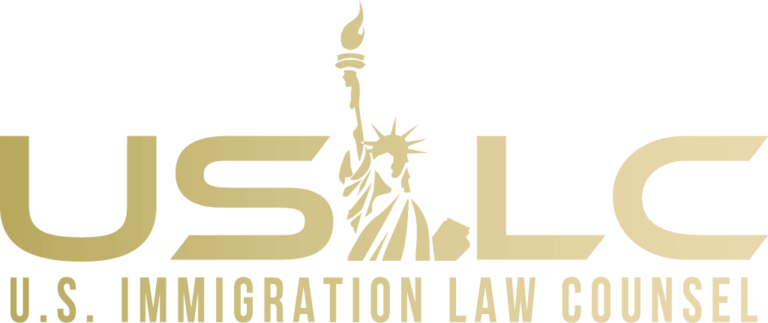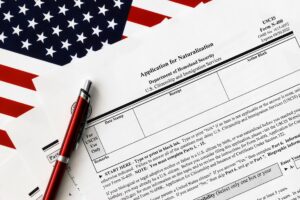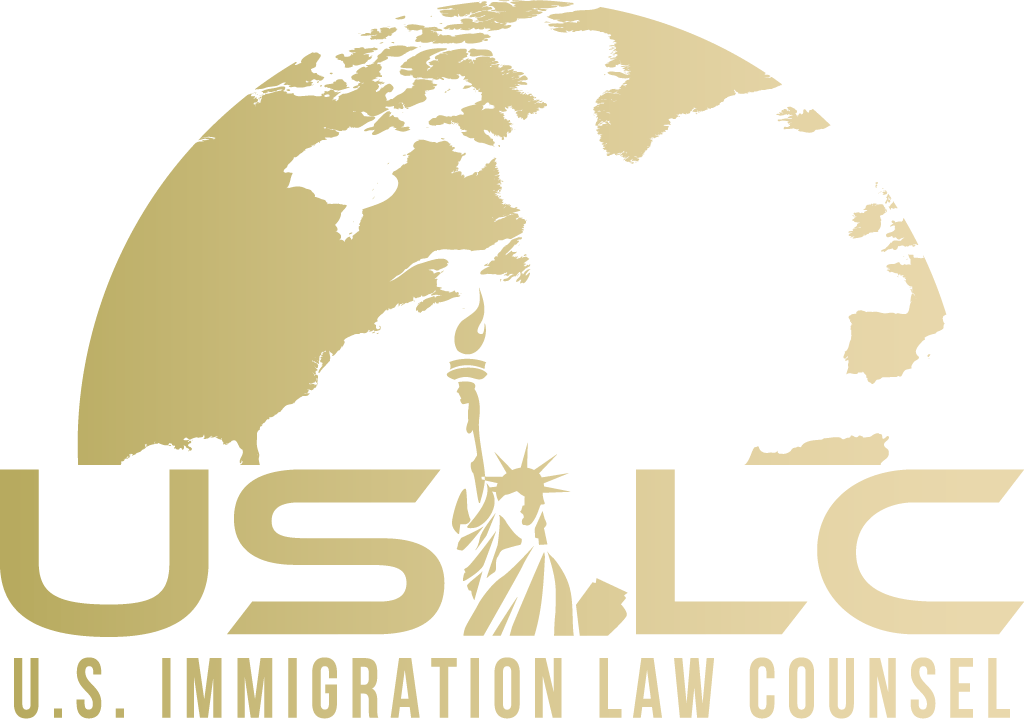The journey to parenthood is unique for everyone, and for some, it leads to the beautiful path of adoption. But when adoption crosses international borders, the process of ensuring your child becomes a U.S. citizen can seem daunting. Florida’s complex legal landscape makes it especially important to understand the requirements and legal considerations for citizenship through adoption. It’s also helpful to have a Florida immigration attorney on hand if you have questions. Here are some of the essentials you need to help prepare for this life-changing journey.
Eligibility Requirements for Citizenship through Adoption
Before diving into the paperwork, you should find out whether you’re eligible. In Florida, as in the rest of the U.S., the adopted child must meet specific criteria under the Child Citizenship Act of 2000. Firstly, at least one adoptive parent must be a U.S. citizen. The child should be under the age of 18 and must be residing in the U.S. in the legal and physical custody of the U.S. citizen parent after being lawfully admitted for permanent residence. Additionally, the adoption process must be finalized either abroad or within the U.S.
Orphans adopted by a U.S. citizen parent are citizens once their adoption is final and they have lawfully entered the United States as permanent residents. Children who did not immigrate as orphans but were adopted by a U.S. citizen parent and gained lawful permanent resident status also automatically become citizens, provided they meet all the criteria before their 18th birthday. Foreign children adopted by U.S. citizens living overseas have a slightly different route. They can file for naturalization during a legal, temporary visit to the U.S., provided they are under 18 and their parents or grandparents meet certain other eligibility criteria.
Documentation: The Backbone of the Process
As the saying goes, “It’s all in the paperwork.” The documentation required for citizenship through adoption is extensive. It includes the child’s birth certificate, the full adoption decree, and evidence of the child’s lawful entry into the U.S. It’s also essential to provide proof of the U.S. citizen parent’s citizenship and evidence of the child’s relationship with the parent, such as photographs or letters.
You can use USCIS Form N-600 to file for a certificate of citizenship on behalf of adopted children residing in the United States. For those children living outside the U.S., you can file for naturalization using USCIS Form N-600K. Once naturalized, you need to file a separate application for a U.S. passport. This application must contain proof of citizenship from the child’s country of origin, if available, and many documents from the adoption proceedings, including proof of the final adoption.
Supporting documentation varies based on individual circumstances. For instance, if your child was born out of wedlock, proof of legitimation is required. When submitting USCIS forms, either online or by mail, ensure your supporting documents are in the order requested in the Form N-600K instructions. If documents are in a foreign language, include a certified English translation. Always double-check the USCIS website for the current address and any changes in filing fees.
The Role of the Legal System and the Hague Convention
Florida’s legal system is critical to ensuring that the adoption and citizenship process is smooth. Once the adoption is finalized, the child automatically becomes a U.S. citizen if they meet the Child Citizenship Act requirements. However, if the adoption is completed outside the U.S., you’ll need to obtain an immigrant visa for your child. The legal system ensures that all international adoptions are in the best interests of the child and that the child’s rights are protected throughout the process.
You should also be aware of the Hague Convention on the Protection of Children and Co-operation in Respect of Intercountry Adoption. This international agreement, signed by the U.S. in 1994, safeguards intercountry adoptions. Adopting from a Convention country offers additional protections, although the process is similar to adopting from a non-convention country.
In order to be eligible for a Hague Convention adoption-to-citizenship route, the following must apply:
- You must be a United States citizen
- If you are not married, you must be at least 25 years old;
- If you are married, then you and your spouse must go through both the adoption and the immigration proceedings jointly
- Also, if the child lives in a country that follows The Hague Convention, then you must follow additional rules
- You and all members of the household must undergo a background check for criminal history, as well as a “home study” performed by an authorized adoption service provider. All members of the household must be fingerprinted and their biometrics performed.
To bring an adopted orphan from a Hague Convention Country to the U.S., you’ll first need to submit Form I-800A, accompanied by the home study. Once USCIS approves your I-800A and you fulfill the necessary criteria, you can then file a Petition using Form I-800 for an Alien Relative. It’s crucial to file the I-800 before the child reaches the age of 16, though there are certain exceptions. When the petition is approved, the U.S. embassy or consulate has the authority to grant an immigrant visa to your adopted child.
Why a Qualified Lawyer is Important
While it’s possible to navigate the citizenship-through-adoption process on your own, having a qualified lawyer review your documentation and application can be invaluable. They bring expertise in understanding the nuances of Florida’s legal system and can guide you through potential pitfalls. Mistakes in the application can lead to delays or even denials, so ensuring everything is in order is crucial. A lawyer can also provide counsel on post-adoption requirements and ensure that your child’s rights are upheld throughout the process. Your immigration lawyer can also guide you through the complex requirements for a Hague Convention case if that’s your situation.
Contact a Florida Immigration Attorney
Do you have questions about citizenship through adoption in Florida? Then contact U.S. Immigration Law Counsel through our website or by calling 1-800-666-4996. We deal with the government, so you don’t have to. We look forward to helping you at this time.






